Are you looking for an expert to help create an online store on the Shopify platform?
Look no further than a Shopify Developer! Shopify Developer is the perfect tool to help you get started! With its easy-to-use interface, intuitive design controls, and customizable themes, you can be up and running with your own online store in no time. Create products, process orders, manage payments, and more from one platform. Our team of dedicated developers will help you transform your business into an online powerhouse. With our intuitive platform and top-notch customer service, we’ll make the process simple and straightforward.
With their deep knowledge in eCommerce and web development, Shopify Developer can help you build the perfect website to showcase your products, manage orders and payments, and make sure you stay above the competition. This specialized professional can help take your business to the next level with a powerful website interface, custom feature development, and optimized SEO.
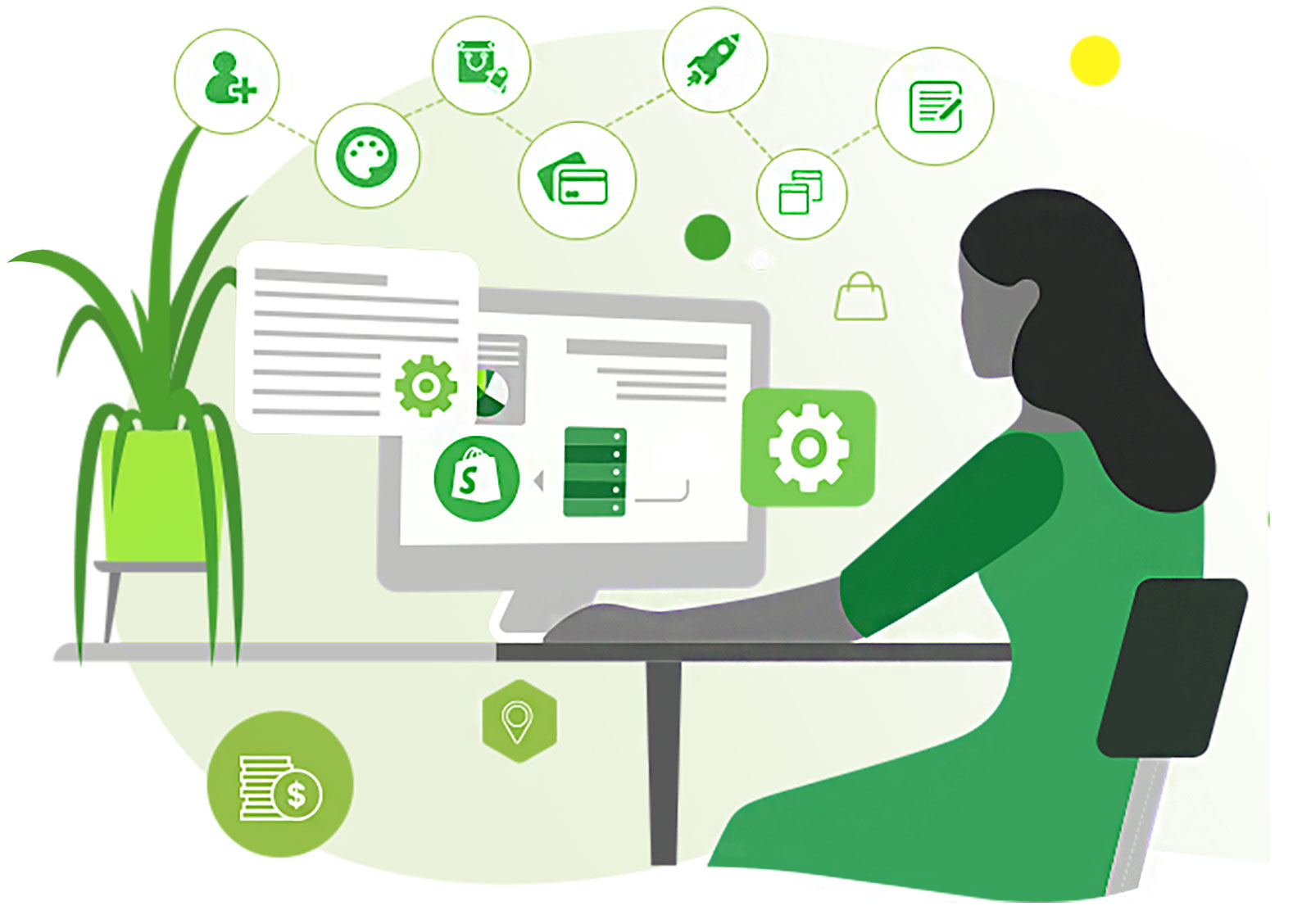
We understand the unique needs of businesses in the competitive world of ecommerce, so our Shopify Developer experience will give you a one-stop shop for creating a successful online store. We offer custom themes, integrations with third-party applications, secure payment systems, and more! With Shopify Developer, you can create a unique site that will be your secret weapon for success.
It streamlines payment processing, manages inventory efficiently, optimizes lead generation and conversion rates, and provides unbeatable customer service—allowing your customers the convenience of shopping at your store anytime. With a Shopify Developer by your side, you can make creating and managing your website more accessible and efficient. You can also rest assured knowing that your store will be designed to provide customers with a streamlined and delightful experience.
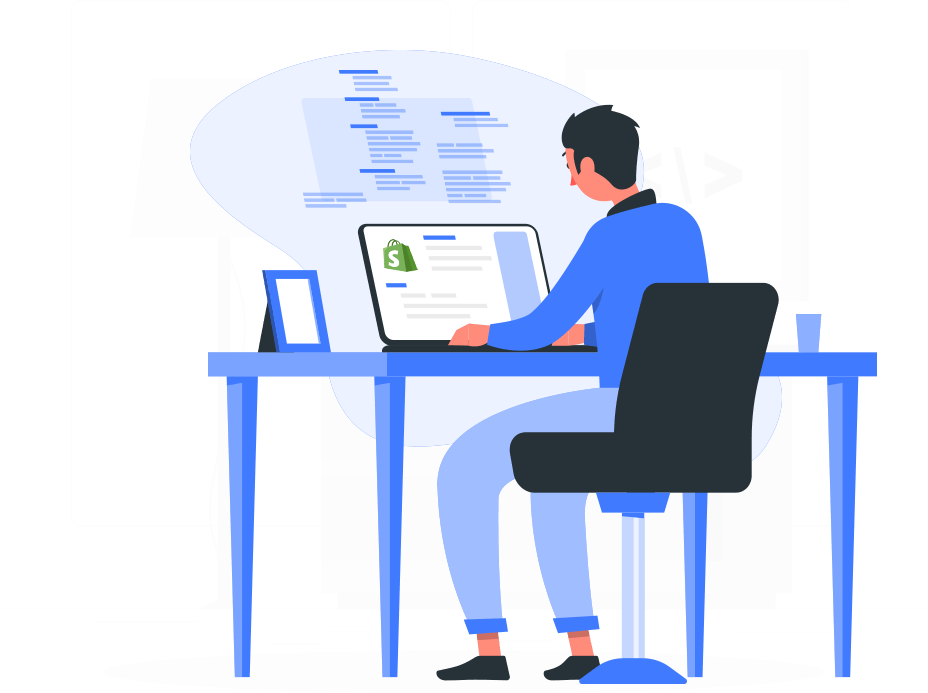
What is Shopify Developer?
A Shopify Developer is an individual who specializes in developing and customizing e-commerce websites using Shopify. They specialize in creating custom stores that meet a business's needs and requirements, including features such as payment processing, shipping methods, inventory tracking, product search, customer reviews, and more. Beyond technical mastery of Shopify development, a Shopify expert must also understand marketing strategies and best practices for running an online business. As such, a successful Shopify developer must possess both technical know-how and experience with e-commerce success. Working with a professional allows for personalization and optimization that can lead to higher visibility and more successful online sales.
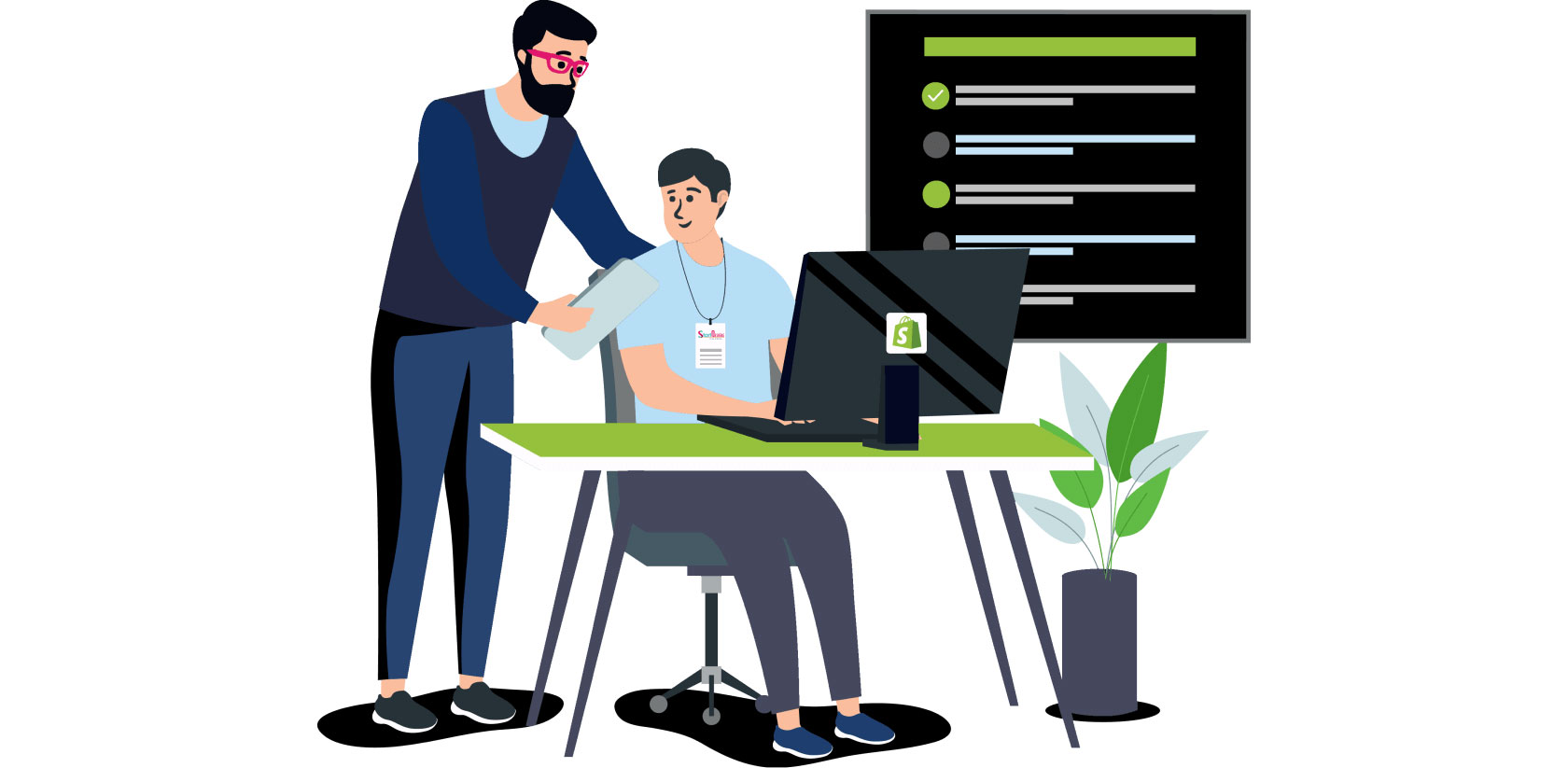
Roles & Responsibilities of Shopify Developer
A Shopify developer is responsible for creating and managing ecommerce websites on the Shopify platform. Here are five key roles and responsibilities of a Shopify developer:

1. Design a store according to the client's specifications
When designing a store according to a client's specifications, many steps are involved. First, store pages must be built, and product images must be added. Once the products have been selected and added, customizing product descriptions is necessary to explain each item and its features adequately. Payment gateways must then be integrated to accept payments from customers securely. Lastly, the checkout process must be designed so customers can quickly complete their purchases without issues. All these steps together ensure that a store is designed with the customer in mind and functions optimally.

2. Utilize Shopify tools and themes
As a Shopify developer, it is essential to be aware of the various tools and themes available in Shopify. You must use these tools and themes effectively to create an online store that is user-friendly for customers. This involves understanding how to create efficient navigation structures, optimize search engine optimization (SEO), design effective calls-to-action (CTAs) and integrate other external APIs. Utilizing Shopify tools and themes also includes customizing them with coding techniques such as HTML5, CSS3, JavaScript, PHP, or Ruby on Rails to create powerful features that help the business grow its customer base.
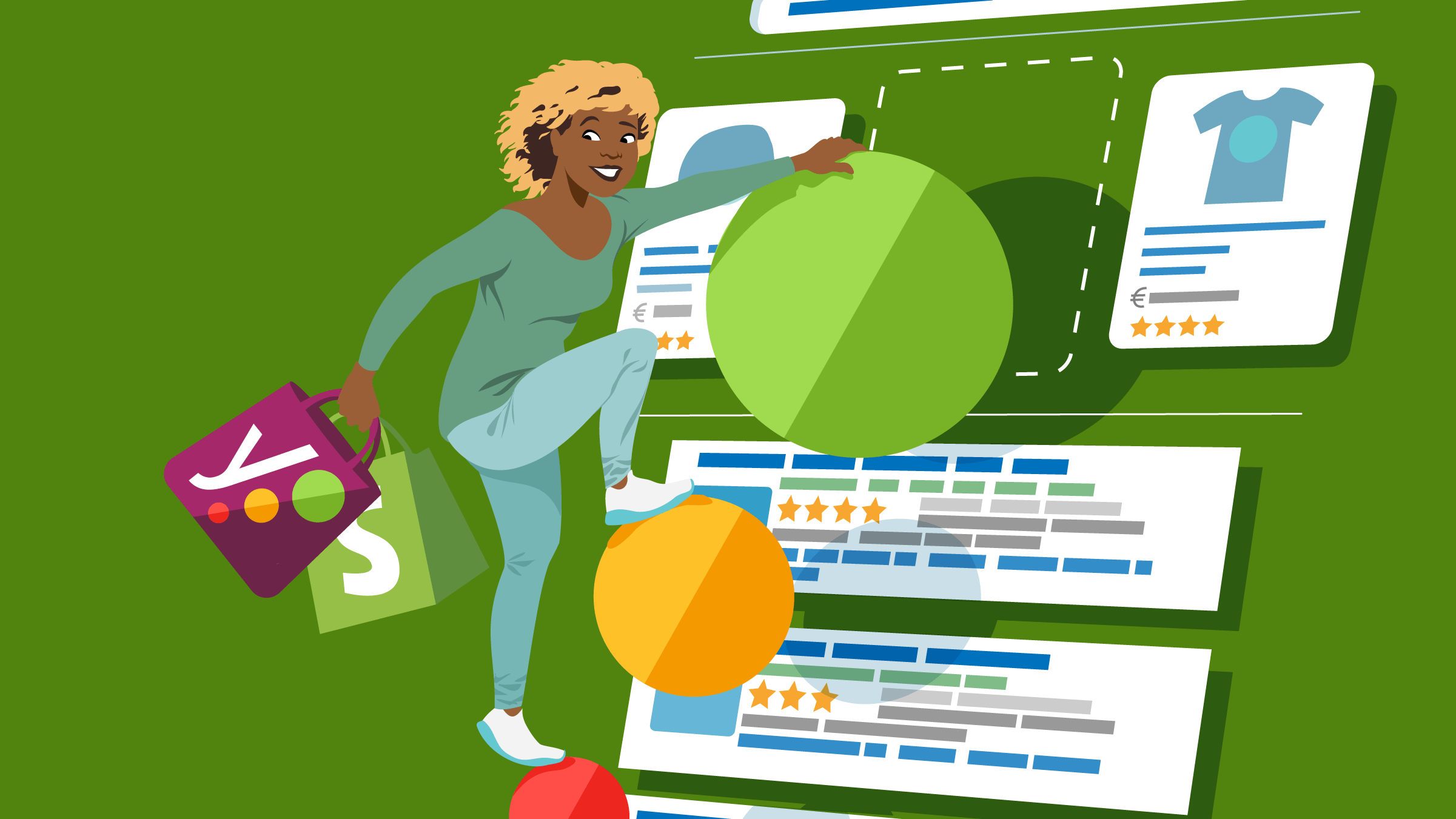
3. Create applications that integrate with Shopify sites
Creating applications that integrate with Shopify sites is a great way to improve user experience and increase customer engagement. Many potential applications can be integrated into Shopify sites, such as search autocomplete, customer retention tools, email marketing campaigns, and more.
With the proper application, businesses can tailor their services to consumers, making it easy for them to find what they need conveniently and quickly. Integrating these applications can also provide valuable insights into consumer behavior and allow businesses to optimize website performance and increase sales.

4. Monitor site performance and troubleshoot issues
Monitoring site performance and troubleshooting issues is an essential and ongoing task for any web development team. It involves running daily checks to monitor page speeds, resolving errors quickly and efficiently, identifying potential security threats, and much more. This helps ensure that the website operates optimally, delivering the best possible user experience.
The monitoring should be regularly reviewed for any changes that need to be implemented to maintain optimum performance. Troubleshooting also ensures that any technical issues are addressed immediately and swiftly resolved so as not to disrupt ongoing operations.
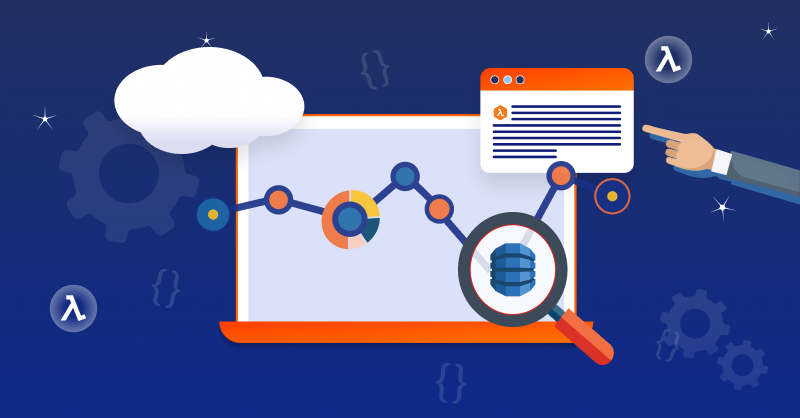
5. Provide ongoing maintenance and upgrades
Even minor bugs and security issues can create a poor user experience when websites are left unchecked. As such, it is essential for Shopify developers to be able to provide ongoing maintenance and upgrades to their websites to ensure their continued performance. This includes regularly updating the code, performing security tests and audits, checking website speed, and ensuring that user interfaces are straightforward and easy to understand. The developer should also be able to roll out new features as the business grows to keep the website competitive in an increasingly crowded marketplace.
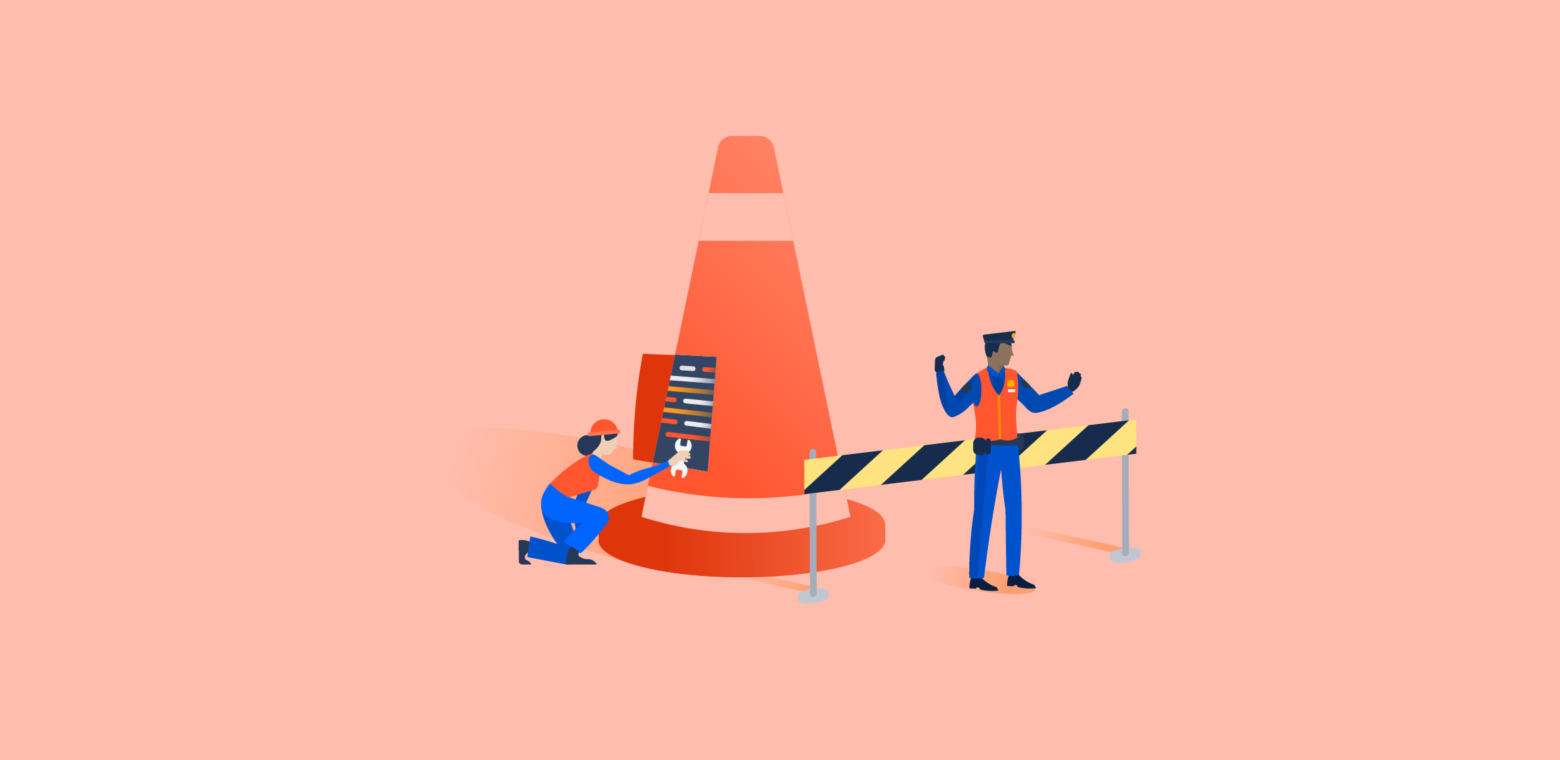
6. Creating plugins and extensions
Creating plugins and extensions is essential for many different types of platforms to give their users the ability to customize their experience. Writing plugins and extensions involves writing code to extend the functionality of existing features within the platform, such as adding new features or optimizing existing ones. It can also be used to improve UI/UX on a website or an application. A successful plugin or extension requires in-depth knowledge of the programming language and careful testing before releasing it into a production environment.
How can someone learn Shopify Development quickly and effectively?
Learning Shopify Development requires dedication and hard work, but it can be done quickly and effectively with the right resources. Here are some steps you can take to jump-start your learning process:

1. Familiarize yourself with the Shopify platform. Understand its features, tools, and APIs, so you know what to look for when developing applications.
2. Take a course or tutorial online – plenty of options are available. You’ll get a good overview of the basics and learn best practices for writing code compatible with the Shopify platform.
3. Strategize what you’re building and practice creating real projects from scratch. Try out different techniques and use case scenarios until you have a feel for coding in Shopify-specific languages like Liquid and Ruby on Rails.
4. Subscribe to relevant blogs or industry sources for up-to-date tips, tricks, trends, and updates about the Shopify environment – this will ensure that your development skills remain current and help you stay ahead of the competition.
5. Join an online community such as Stack Overflow, where members share solutions to common development problems specific to Shopify platforms – these resources offer invaluable guidance from experienced developers who understand what works best within this context.
Get started today by reaching out to Shopify Developer to discuss how they can help your business reach its fullest potential.














